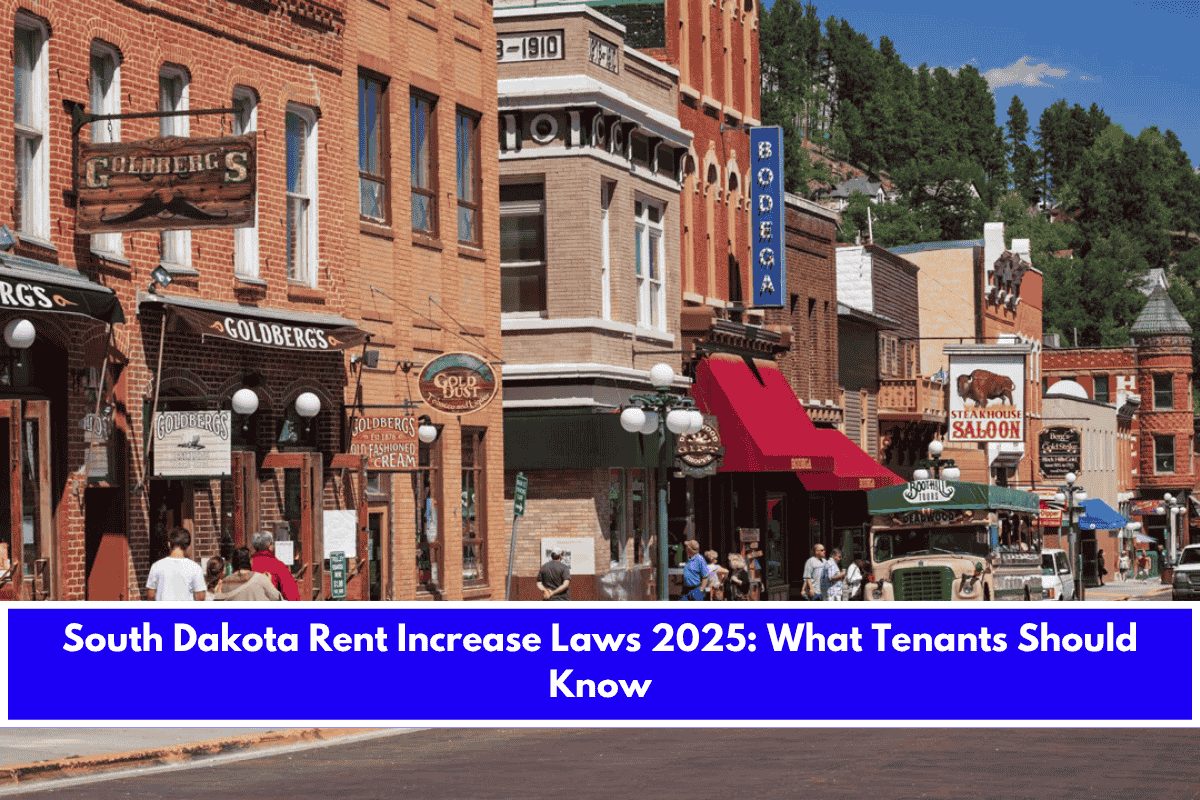Tenants in South Dakota enjoy certain protections under state law, but the state does not impose rent control or cap how much landlords can raise rent. Instead, the law focuses on notice requirements and fair treatment to ensure both parties understand their rights and responsibilities.
Key Provisions
- No Rent Control: There are no state or local rent control laws in South Dakota. Landlords can set rent prices based on market conditions.
- Notice Requirements: For month-to-month tenancies, landlords must provide at least 30 days’ written notice before increasing rent or changing lease terms. For week-to-week tenancies, a 7-day notice is required.
- Fixed-Term Leases: During a fixed-term lease (such as a year), rent cannot be increased unless the lease specifically allows it. Any increase must comply with the lease terms.
- No Maximum Increase: There is no limit on how much rent can be increased, but increases must not be discriminatory or retaliatory.
- Discrimination and Retaliation Prohibited: Landlords cannot raise rent based on protected characteristics (race, religion, gender, etc.) or in retaliation for a tenant exercising legal rights.
- Habitability Requirements: Landlords must maintain the property in a habitable condition. Rent increases should not be used to cover the landlord’s basic maintenance obligations.
Summary Table
| Lease Type | Notice Required for Rent Increase | Rent Increase Limit |
|---|---|---|
| Month-to-Month | 30 days | None |
| Fixed-Term | As per lease (usually at renewal) | None |
| Week-to-Week | 7 days | None |
Tenant Protections
- Written Notice: All rent increases must be communicated in writing, stating the new amount and effective date.
- Security Deposit: Typically capped at one month’s rent, to be returned within 14 days after moving out.
- Right to Repairs: Tenants can request necessary repairs in writing. If not addressed, tenants may have the right to withhold rent in escrow.
What Tenants Should Do
- Review Lease Agreements: Understand your lease terms regarding rent increases and notice periods.
- Document Communications: Keep records of all notices and communications with your landlord.
- Negotiate or Seek Advice: If a rent increase seems unreasonable or retaliatory, try negotiating with your landlord or seek legal advice.
South Dakota tenants are protected by notice requirements and habitability standards, but rent increases are not capped. Always ensure you receive proper notice and that any increase complies with your lease and state law.
Sources:
- https://www.steadily.com/blog/mid-term-rental-laws-regulations-south-dakota
- https://www.steadily.com/blog/south-dakota-rental-lease-agreement-laws-regulations
- https://www.boloforms.com/signature/contracts/real-estate/notice-of-rent-increase/south-dakota/
- https://www.steadily.com/blog/how-much-can-a-landlord-raise-rent-in-south-dakota











Leave a Reply